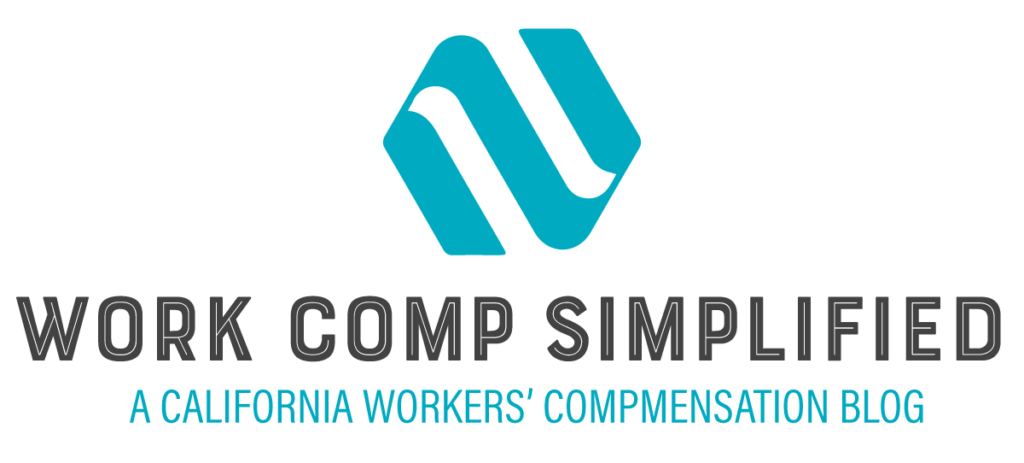As explained by the California Department of Industrial Relations (DIR) “All California employers must provide workers’ compensation benefits to their employees.” Of course, the key word in that sentence is “employees.” You may be wondering: Can an independent contractor file for workers’ comp benefits in California? In general, the answer is ‘no,’ but an employee who was improperly misclassified . . .
Long gone are the days when social media was the province of teenagers. In April of 2021, the Pew Research Centerreleased results of a survey finding that 72% of people nationwide have at least one active social media account—and the fastest growing group of users is senior citizens. It makes sense, social media can be a . . .
Workplace safety remains a serious issue in California. According to the state’s Department of Industrial Relations, around 500,000 employees are hurt at work each year. California’s workers’ compensation insurance laws mandate that businesses, nonprofits, and government agencies must obtain no-fault workers’ compensation insurance for their staff. Unfortunately, getting a workers’ comp claim approved is not always . . .
In California, employers are required to provide no-fault workers’ comp insurance benefits to their staff. A worker who is hurt on the job is entitled to get coverage for all reasonably necessary medical care and for partial wages. UnderCalifornia Labor Code section 3208.1, an injury may be specific or cumulative. A cumulative injury is one . . .
Every employee deserves a safe workplace. Sadly, job-related injuries and illnesses remain a serious issue in our region. According to data from the California Department of Industrial Relations, nearly 500,000 people were hurt at work in the state in 2019. Workers’ comp is designed to protect people hurt on the job. Here, our Fresno workers’ comp lawyer . . .
The California Department of Industrial Relations reports that around half of a million workers are hurt on the job in the state annually. If you are injured at work, you may be entitled to workers’ comp to cover medical care and lost income. This raises an important question: Do you have to pay taxes on workers’ compensation benefits . . .
Amazon is one of the largest employers in our state. Earlier this year, Geekwire reported that the company has 153,000 employees in California alone. A significant share of Amazon employees work in the warehouse. Notably, in the most recent Letter to Shareholders, CEO Jeff Bezos stated that the company is putting more emphasis on workplace safety issues. Specifically, . . .
On June 4th, 2021, The Press Democrat reported that the California State Senate has rejected a bill that would create long-term reforms to the workers’ compensation insurance system that would have made it easier for some frontline health care employees to qualify for benefits. In this article, our California workers’ compensation attorney proposed an overview of the reform proposal . . .
Workers’ comp insurance coverage provides much needed financial protection to people hurt on the job. Benefits are paid out to help support injured workers. As explained by the California Department of Industrial Relations, the benefits available through the program are primarily designed to help workers get the “medical treatment you need to recover from your work . . .
In California, workers are entitled to ‘no-fault’ benefits for job-related injuries. In filing a workers’ comp claim, it is generally an employee’s responsibility to prove that their injuries are connected to their employment. However, in limited circumstances, California law shifts the burden of proof in the other direction—ruling that certain injuries for certain workers are . . .

